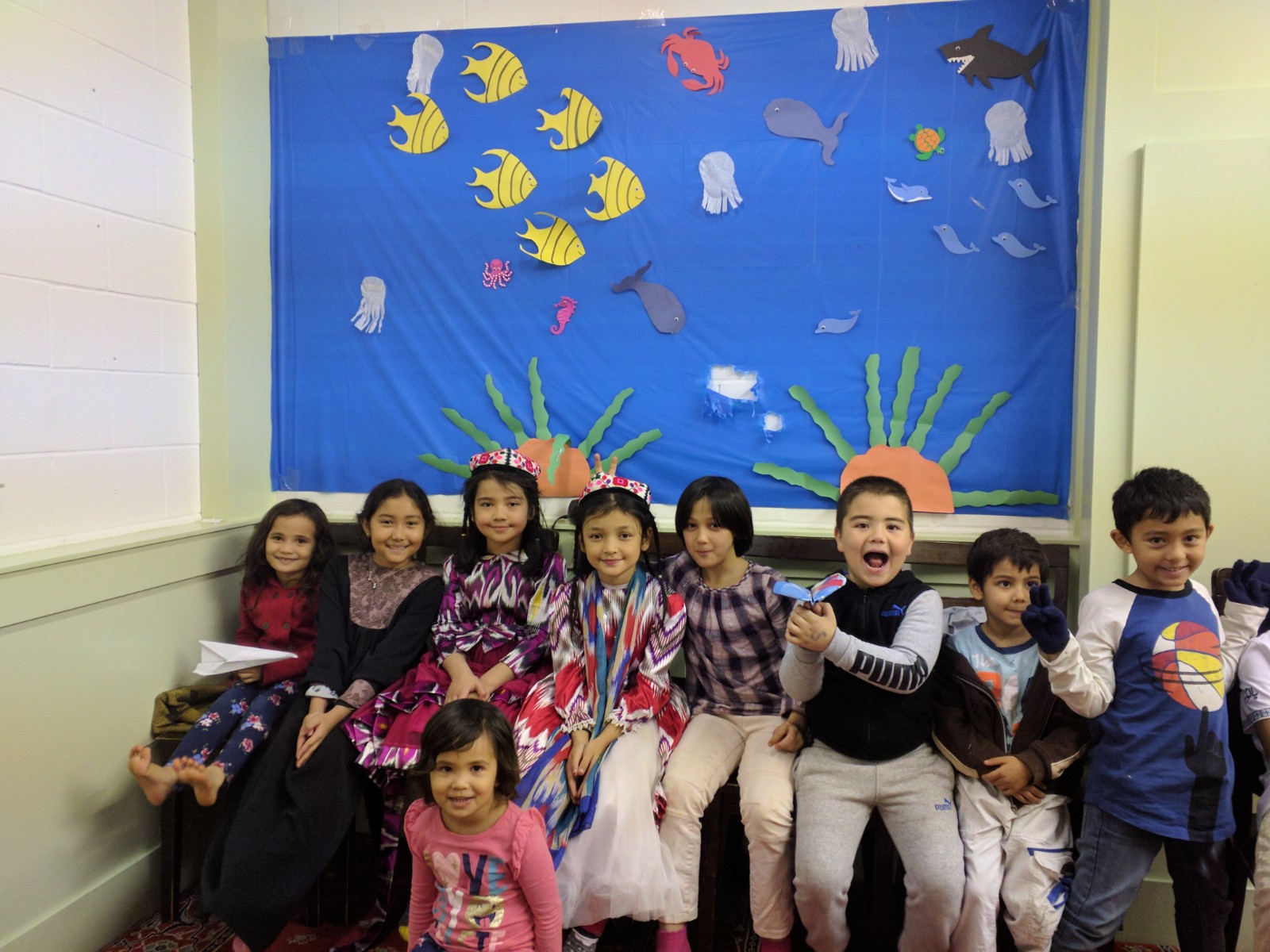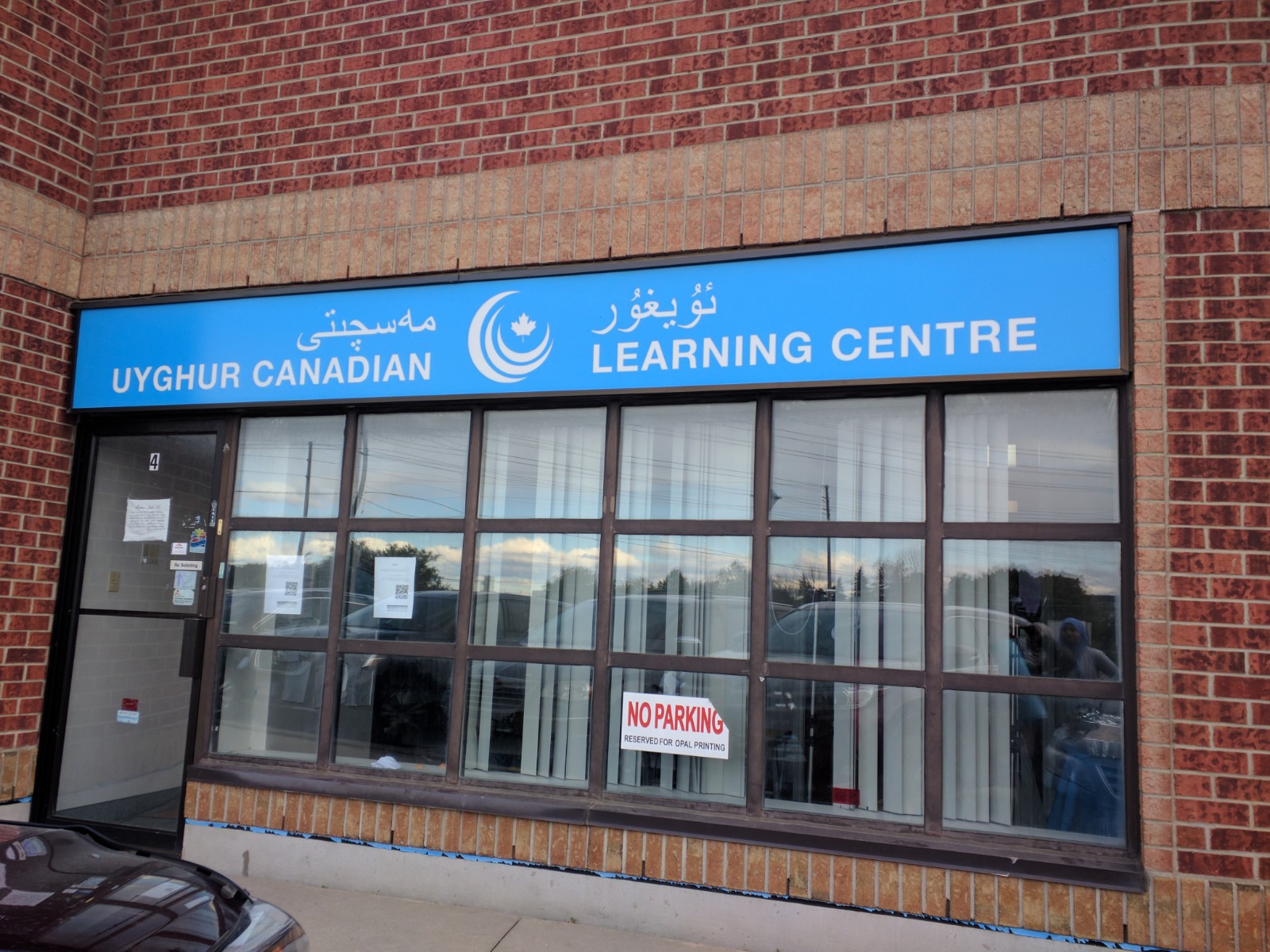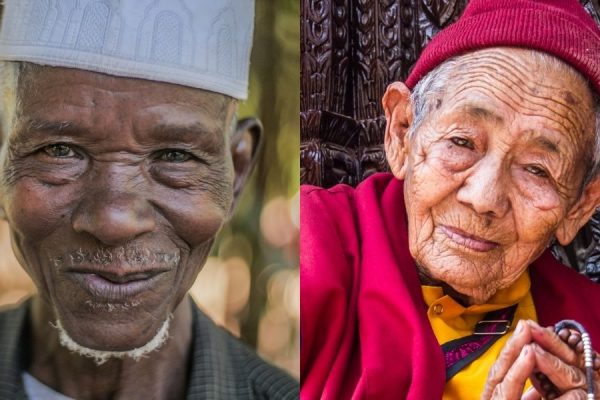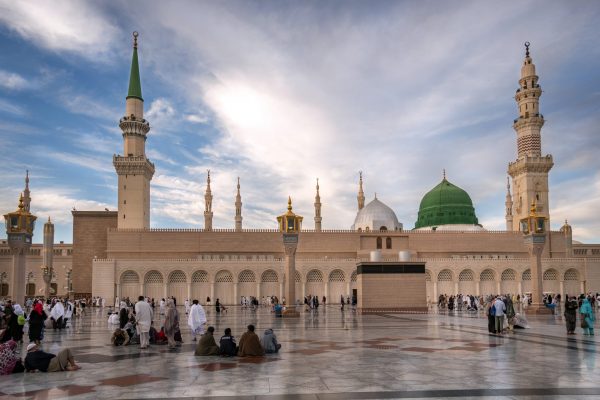If you want to help Uighur Muslims, seek them out and get to know them. Visit their masjid, their restaurants, invite them to your masjid events, and ask them to speak at your events. Validate them.
If you want to help Uighur Muslims, seek them out and get to know them. Visit their masjid, their restaurants, invite them to your masjid events, and ask them to speak at your events. Validate them.
After the threat of the Muslim Travel Ban in February 2017, I was invited to a World Hijab Day event organized by non-Muslim women in Southern California. These open-minded women tried on hijabs to increase understanding and solidarity. They didn’t invite me to pity me or hear my sob story; they wanted to get to know me because they identified with me. We bonded on fashion and shared discrimination stories.
Shockingly, the organizer Kim told me, “You’re the first Muslim I’ve met. I have Hindu and Jewish friends, but no Muslim friends.” As a California native, I see Muslims and have plenty of non-Muslim friends, so I had assumed that everyone knows Muslims.
But the biggest thing I learned from that event is that when you want to help someone, you should get to know them. The interest shown in my faith, lifestyle, and safety empowered and motivated me to continue to believe in myself in this uncertain climate. Unfortunately since then, attacks on Western Muslims have increased. Muslims repeatedly echo this sentiment: Get to know your non-Muslim neighbors and community. If we want them to support us we have to open up to them.
Ironically, I see the same isolation and disenfranchisement among different ethnic groups within the Western Muslim community as well. I try hard to raise awareness for the issues indigenous, Latino, Black, and now Asian Muslims face, but it is met without much response (in my undergraduate MSA, I remember a suggestion to highlight issues in different regions like Darfur, Sudan being vetoed because ‘we only have time for Palestine Awareness Week,’ with one student actually saying aloud, ‘I only care about Palestine.’) This year, it finally occurred to me: there are ethnic minority groups within the Muslim community. Although a part of the disenfranchised minority in larger Western society, South Asians and Arabs play the majority and are therefore the power players in the Muslim sphere. The South Asians and Arabs are the most vocal, have the biggest masjids, and have their concerns met the most. Therefore, serious issues of certain groups of ethnic-minority Muslims are tragically overlooked constantly. Even though equally appalling atrocities happen in other communities, they are only addressed after years and decades of suffering.
It is the exact same phenomena as with the non-Muslim community – if Muslims don’t know a Muslim person from a specific minority group, they will overlook their issue. They will be sympathetic but from a distance. However, if they personally know someone from that group, they will actively try to help and support them.
I’ve been hearing about the religious oppression of Uighur Muslims by China for several years. I was confused as to why larger Muslim communities were not stepping in to help them practice their faith, and why I didn’t hear about fundraisers for the Uighur Muslims as I did for Palestine, Syria, and more recently Myanmar. Shouldn’t any Muslim suffering anywhere be a cause for alarm? Or do they have to look like the members of the masjid to cause alarm?

We know from CNN that (at least) one million Uighur Muslims are in forced concentration camps in East Turkestan (called Xinjiang by China), an oil-rich occupied territory. What we don’t know is that Uighur Muslims live among us. There are Uighur Muslims in Canada, the US, and the UK to name a few.
I shed tears of gratitude when I actually met Uighur Muslims at a relief table at the ICNA Canada Convention in October. Finally, I could talk to people about this tragic event rather than hear about it on the news. I could put names to faces, hear firsthand accounts, and express my regret and eagerness to help. I could see the relief on their faces and hear the gratitude in their voices that another Muslim cared about them. I could hear their regret and fear about missing family members and the lack of coverage at Islamic events.
Even the simple act of sharing stories and listening to the people who are suffering helps their cause. Sometimes it is more valuable than donating from afar. It gives them hope and motivation to continue on their crusade because they know it is making a difference.
Alhamdulillah, I got to know the Uighur Muslim sisters while I visited Toronto. I attended their masjid, joked with their children, and ate some of their delicious food (noodles made from scratch). This group of 30-40 year old strong and educated wives and mothers work tirelessly to raise money and awareness for their oppressed family and friends back in East Turkestan. Together, they support 300+ Uighur children who have fled to Turkey (orphans whose fathers are incarcerated in China’s internment camps) and 20 female students who escaped the Chinese government while studying Islam in Egypt. Despite threats to their family and being followed by Chinese government officials, they attend protests. I got to know one sister well, who we will call Amina*. She is in her 30s, has five children, and studied law in China. Amina even traveled to the UN headquarters in Switzerland to demonstrate against China during the Universal Periodic Review of China by the Human Rights Council on November 6.
They have not spoken to their incarcerated family members in 2-3 years, they don’t even know if they are still alive. They are not allowed to have any contact with them. Amina’s uncles did not take advantage of their US visa like her dad did, and are now trapped in East Turkestan. Hanna*, a tall and well-spoken mother of two with a Masters degree, travels monthly from London to Ontario to attend the sisters’ halaqa/debriefing meetings. She has not spoken to her mother in two years.
“It used to be a few days before I realized I had not called my mom until she texted me to remind me. Now I would give anything to talk to her.”
This is why I ask Muslims from ‘minority’ groups to come into the light, step out of their community’s masjid and visit the bigger masjids with the bigger community groups. They need to see you, hear you, get to know you. One conversation can make all the difference. We’ve heard the facts, now we need to get to know the people. Once you become friends with them, they are your partner for life. They will stick by you no matter what your situation is.
Mainstream masjids in the West are finally addressing this issue. Sheikh Mustafa Umar, the director of California Islamic University, informed the packed audience at the Islamic Institute of Orange County that the UN said they “haven’t seen anything like (the internment of the Uighur Muslims) since the time of the Nazis.” His valuable piece of advice was for Western Muslims to appeal to large, established Muslim charity organizations (like Helping Hand USA) to expand their resources to help the Uighur Muslims in China.
So if you want to help Uighur Muslims, seek them out and get to know them. Visit their masjid, their restaurants, invite them to your masjid events, and ask them to speak at your events. Validate them.
You can donate to Uighur Relief Canada efforts here.
*Names changed to protect sources.






